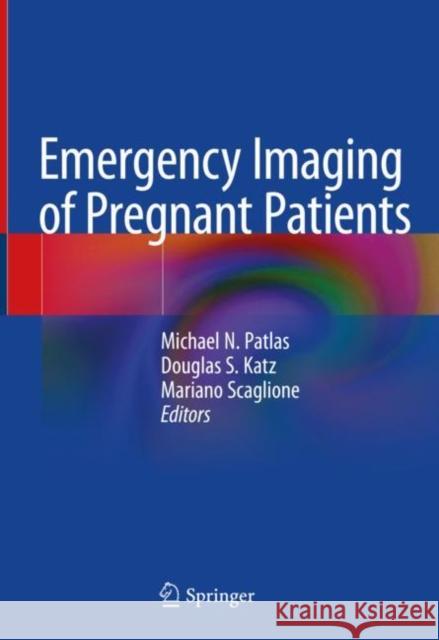Emergency Imaging of Pregnant Patients » książka
topmenu
Emergency Imaging of Pregnant Patients
ISBN-13: 9783030427214 / Angielski / Twarda / 2020 / 207 str.
Emergency Imaging of Pregnant Patients
ISBN-13: 9783030427214 / Angielski / Twarda / 2020 / 207 str.
cena 341,34
(netto: 325,09 VAT: 5%)
Najniższa cena z 30 dni: 327,68
(netto: 325,09 VAT: 5%)
Najniższa cena z 30 dni: 327,68
Termin realizacji zamówienia:
ok. 16-18 dni roboczych.
ok. 16-18 dni roboczych.
Darmowa dostawa!
Kategorie BISAC:
Wydawca:
Springer
Język:
Angielski
ISBN-13:
9783030427214
Rok wydania:
2020
Wydanie:
2020
Ilość stron:
207
Waga:
0.54 kg
Wymiary:
25.91 x 19.56 x 1.27
Oprawa:
Twarda
Wolumenów:
01











